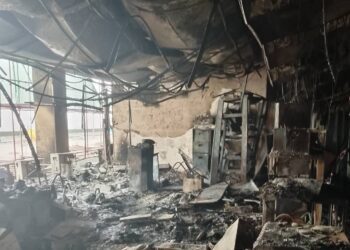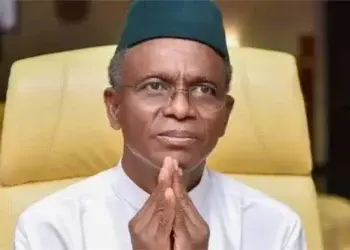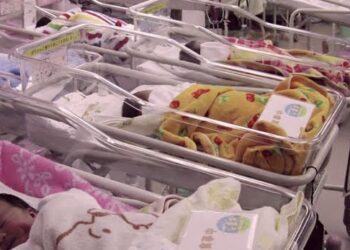By Abubakar Yusuf
The Senior Special Assistant to the President on Sustainable Development Goals SDGs, Princess Adejoke Orelope-Adefulire has commended President Bola Ahmed Tinubu’s investment in health infrastructure and well being of Nigerians in the last 18 months.
She stated that this efforts was aimed at providing first hand quality healthcare for children and resolve maternal mortality rates , through provision of needed equipment, essential services by the primary health care center PHC in the country.
she made this remark during the commissioning of a new Federal primary health care center PHC meant to serve 27-60 CDA’s in seven communities in Oreta area, Igbogbo Baiyeku LCDA of Ikorodu area of Lagos state .
The Senior Special Assistant to the President SSAP -SDGs in her remarks maintained that the new 20 bedded health facility was in line with the Renewed Hope Agenda of the present administration of President Bola Ahmed Tinubu to bring health care services nearer to our communities.
While asking the community to protect the new facility, she restated the commitment of her office to provide security through installation of Solar Street Lights facility and construction of well befitting security outpost , Doctors quarters , immunization centre, so as to serve the communities better .
She expressed worries on the recurring deaths of pregnant mothers and children during child birth, stating that government through SDGs is geared towards putting a stop to the trend.
She tasked the people of the area on the need for vigilance against vandals, stating that the equipment and structure provided should not be prone to vandalisation.











